
Loading...
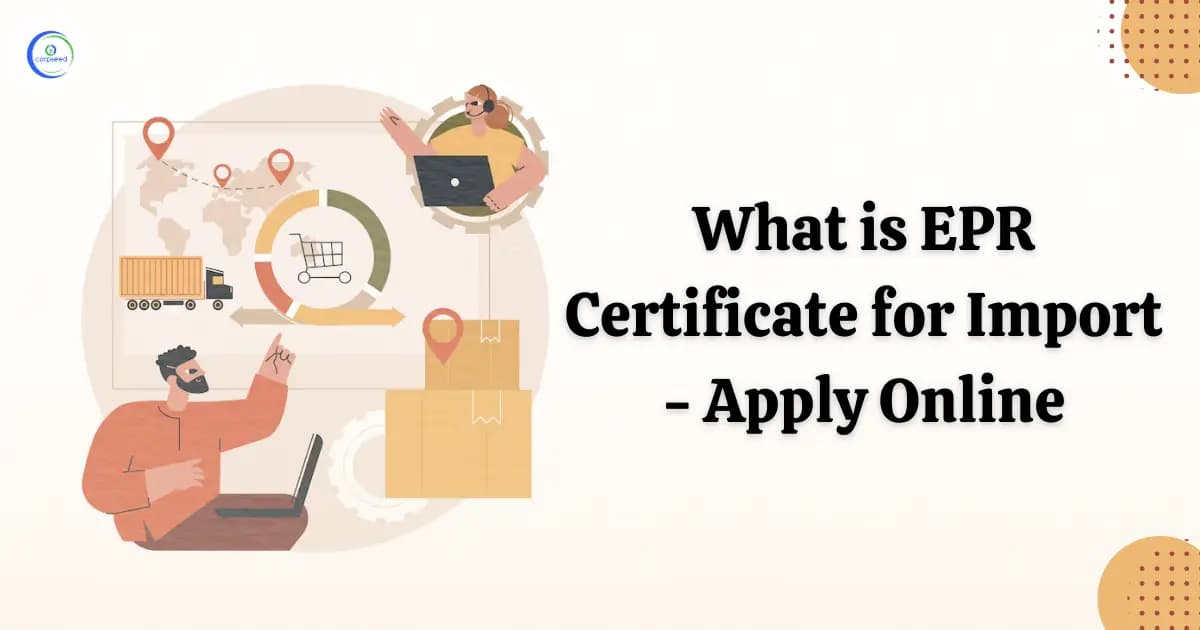
An Extended Producer Responsibility (EPR) certificate is an important official requirement for imports of valid electronic goods and other products into India.
About the Author

Parul Bohral, a BALLB graduate and experienced legal researcher and content writer with expertise in various legal areas, including corporate law and intellectual property. I have gained valuable experience in esteemed legal environments, where I have strengthened my research skills, allowing me to approach legal writing with precision and depth.
As a legal content writer, I am committed to delivering work that not only informs but also engages readers. By staying informed about the latest trends in content marketing and regulatory developments, I ensure that my writing remains sophisticated and meets industry standards. My dedication to thorough research enables me to craft content that is both insightful and impactful.
Related articles
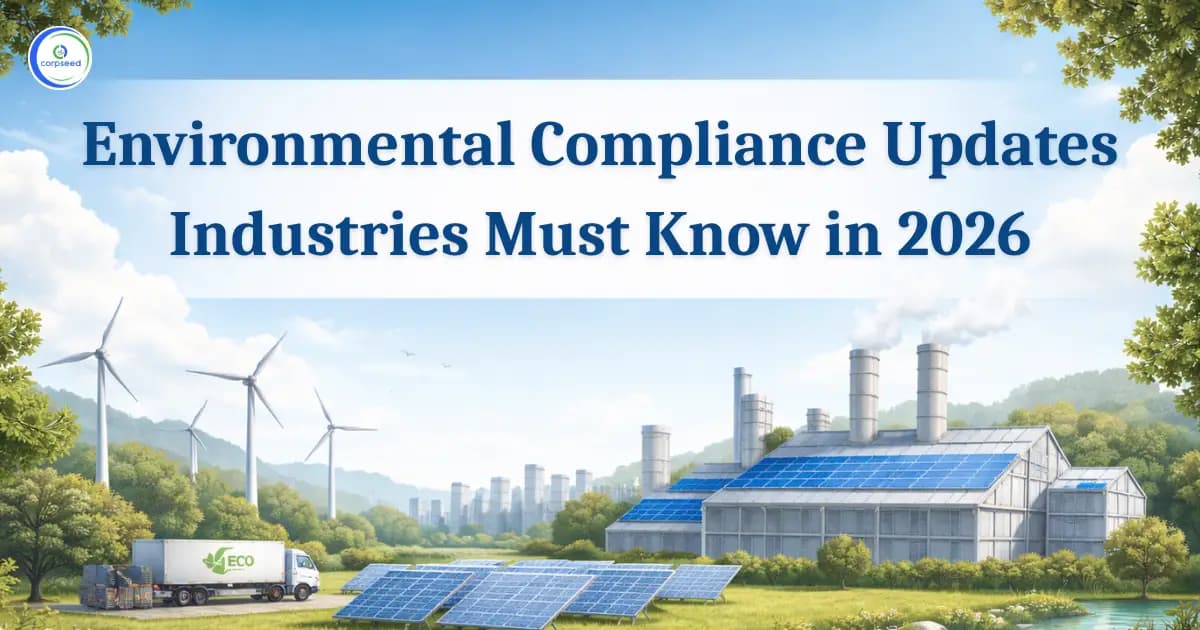
Environmental Compliance Updates Industries Must Know in 2026
2026-02-17
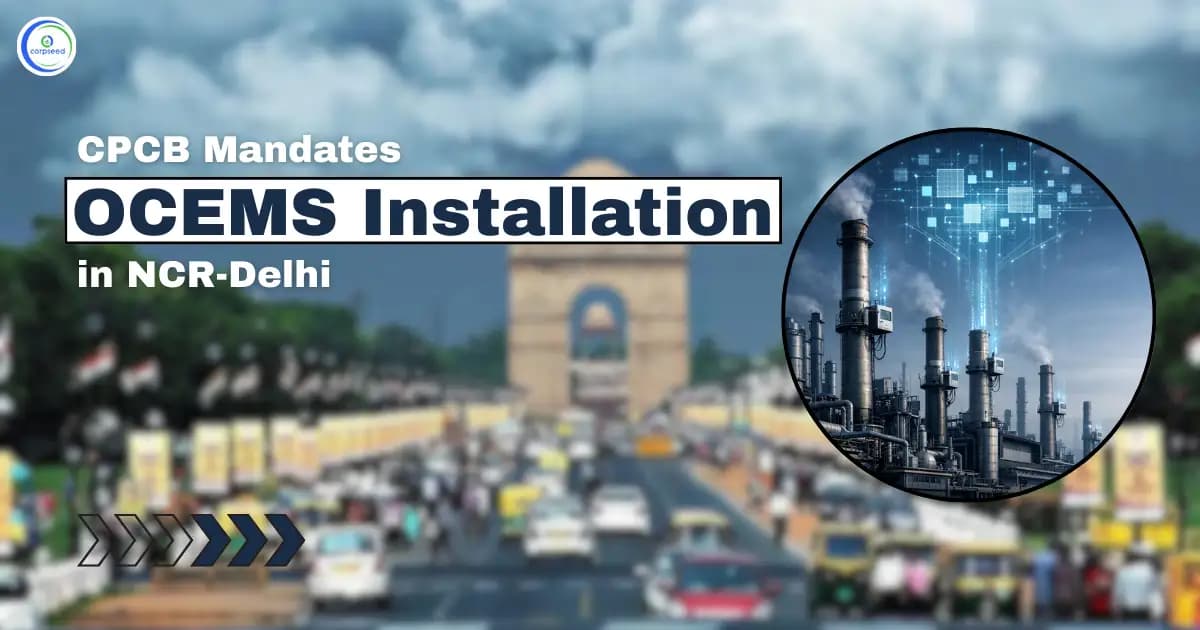
CPCB Mandates OCEMS Installation for Industries in NCR-Delhi
2026-01-28
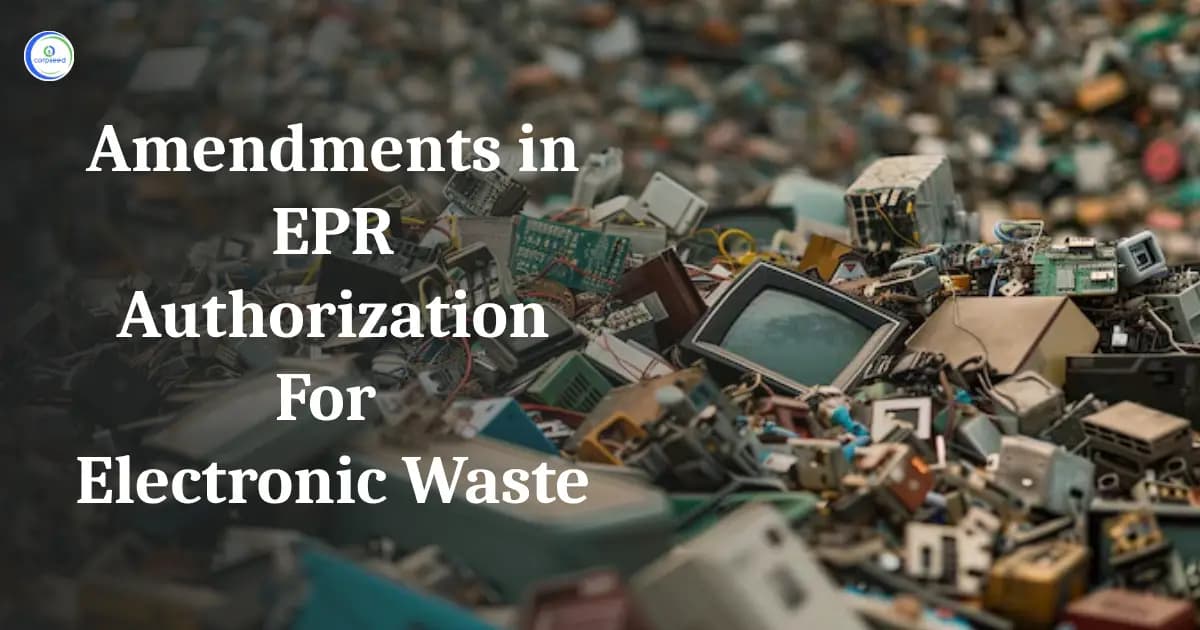
Amendments in EPR Authorization for Electronic Waste
2025-11-07
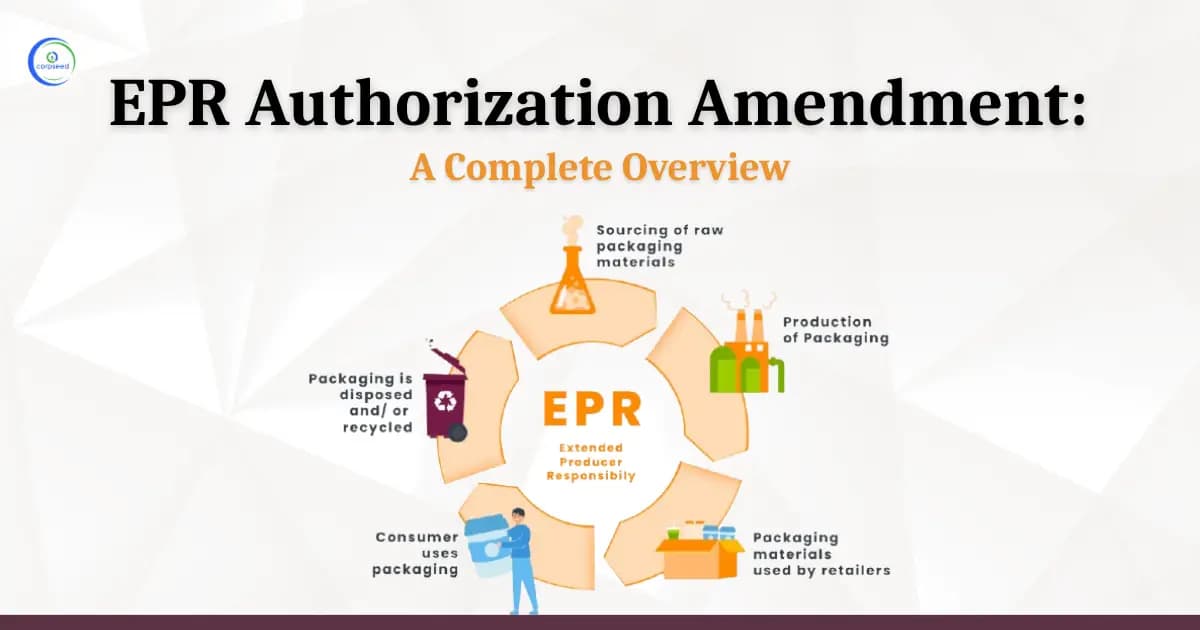
EPR Authorization Amendment: Step-by-Step Overview
2025-10-31
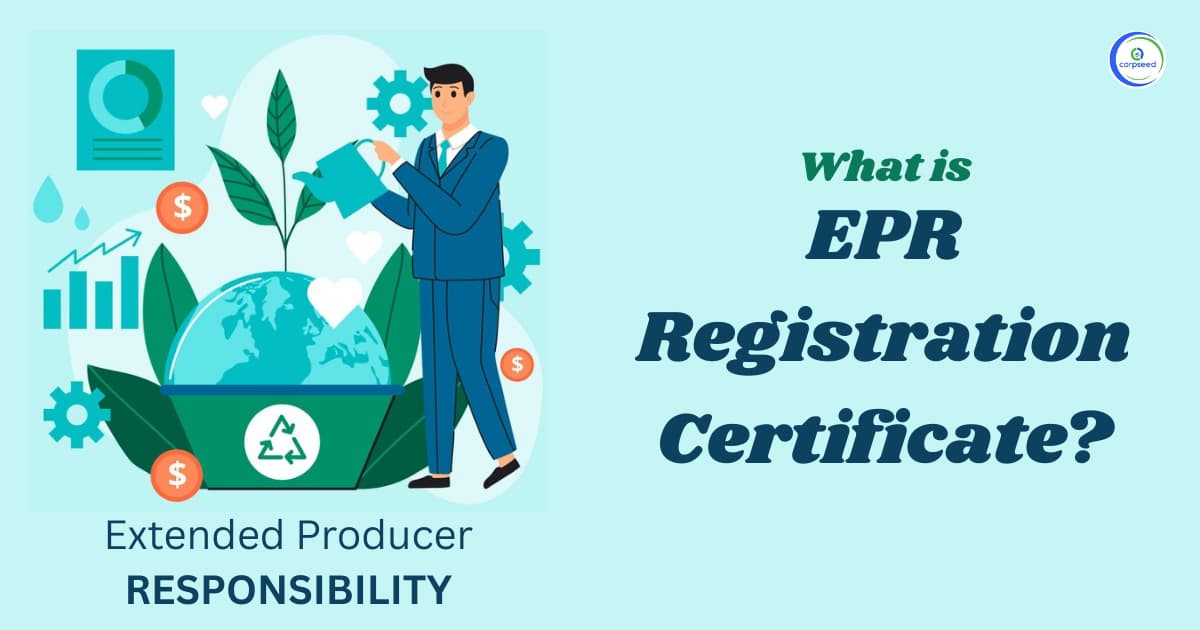
What is EPR Registration Certificate?
2025-08-22
.webp&w=1536&q=75)
How to Start a Biodegradable Packaging Business in India
2025-08-19
Delhi Legal Metrology (Enforcement) Amendment Rules, 2026
2026-02-24 • 0 views
2023-02-27
2026-02-25